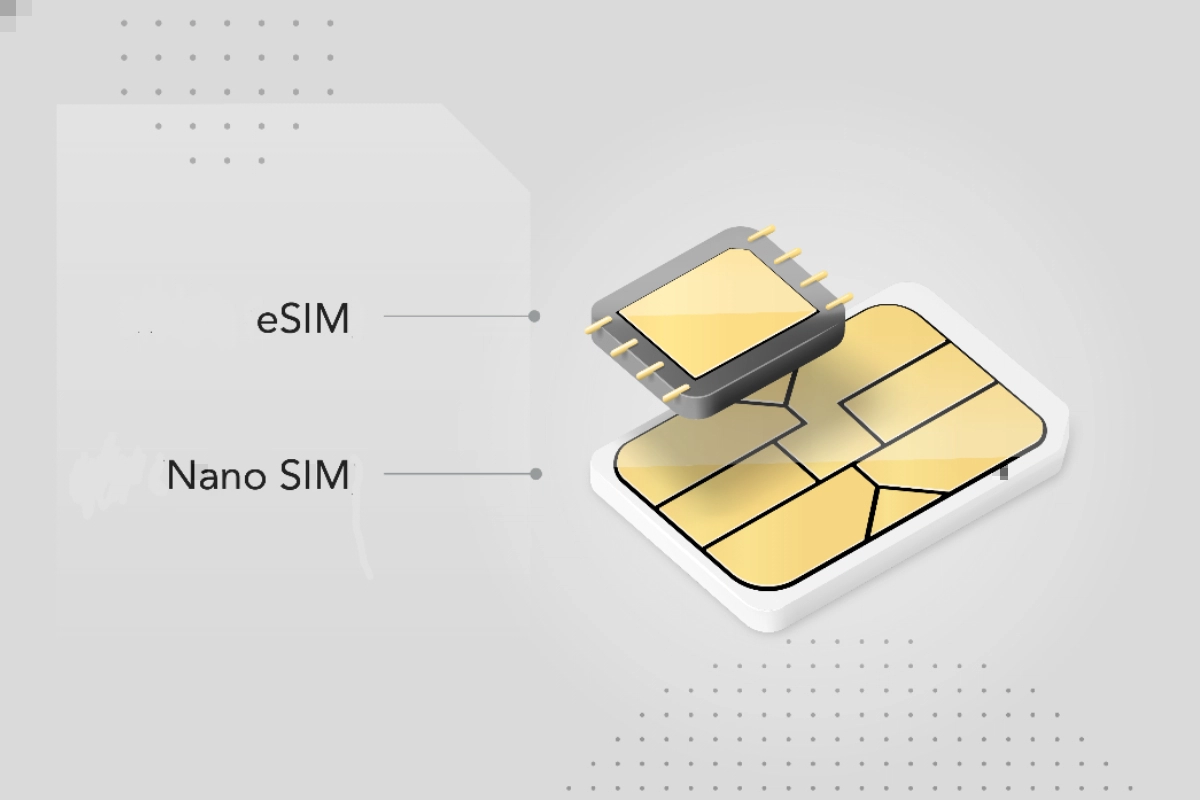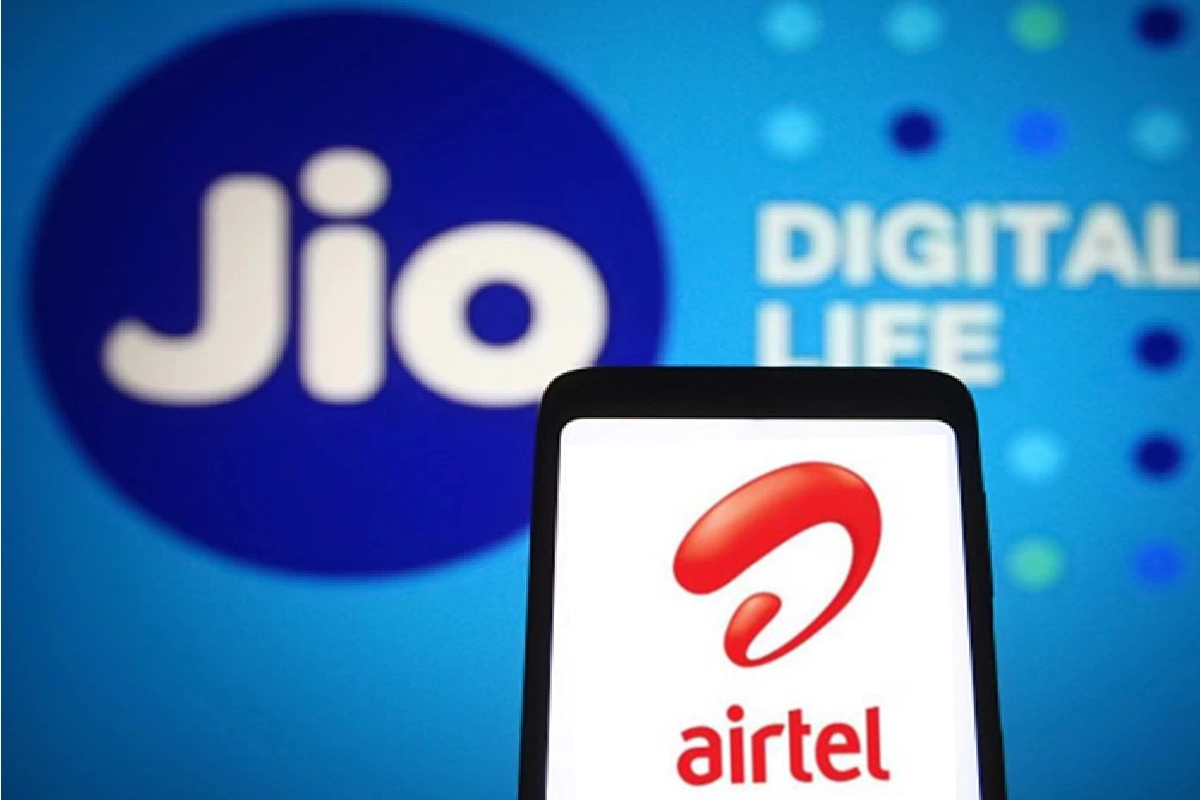Following a hacker’s claim on a popular hacking forum that they had over 37.5 crore Indian customers’ personal information for sale, Airtel India strongly denied rumours of a significant data breach. Reports state that Airtel has refuted these allegations and stated that they are merely meant to tarnish the company’s reputation.
Dark Web Informer’s Revelation
The buzz about the alleged breach began when Dark Web Informer, a handle on X that monitors dark web activities, revealed that a hacker with the alias ‘xenZen’ tried to sell a database containing the personal details of over 37.5 crore Airtel customers. This database apparently costs $50,000 USD (about Rs 41 lakh) in cryptocurrencies and contains private data like phone numbers, dates of birth, fathers’ names, Aadhaar IDs, email addresses, and more.
Hacker’s Bold Claims
The hacker claimed that the breach occurred in June 2024 and even shared a data sample to back up the claim. Additionally, xenZen boasted about being involved in an earlier breach targeting the diplomatic passport holders database managed by the Union Ministry of External Affairs.
Past Breach Allegations
This isn’t the first time Airtel has faced such allegations. In 2021, cybersecurity researcher Rajshekhar Rajaharia reported that details of over 2.5 million Airtel subscribers had been posted on a threat actor’s website called ‘Red Rabbit Team’. However, Airtel had denied any breach at that time as well, and the data was removed after three months.
Why Customers Should Be Cautious
It’s advisable to exercise caution when handling your data even if the present accusations are still unproven. There is a growing concern about data breaches, and even small disclosures can have grave repercussions. The following justifies your continued caution:
- Identity Theft: Exposed personal details can be used for identity theft, allowing criminals to impersonate you and potentially access your finances or accounts.
- Financial Fraud: Hackers can use leaked information to commit financial fraud, like taking out loans or making purchases in your name.
- Spam and Phishing Attacks: Your contact details can be used for targeted spam calls and phishing attempts, tricking you into revealing sensitive information.
What Customers Can Do to Stay Safe
Here are some steps you can take to protect yourself:
- Don’t click on suspicious links or share personal information over the phone or email unless you’re absolutely certain of the sender’s legitimacy.
- Wherever possible, activate two-factor authentication (2FA) for your online accounts. This adds an extra layer of security by requiring a code from your phone or email in addition to your password.
- Keep an eye on your bank statements and credit card reports for any unusual activity.
Keep watching our YouTube Channel ‘DNP INDIA’. Also, please subscribe and follow us on FACEBOOK, INSTAGRAM, and TWITTER.












